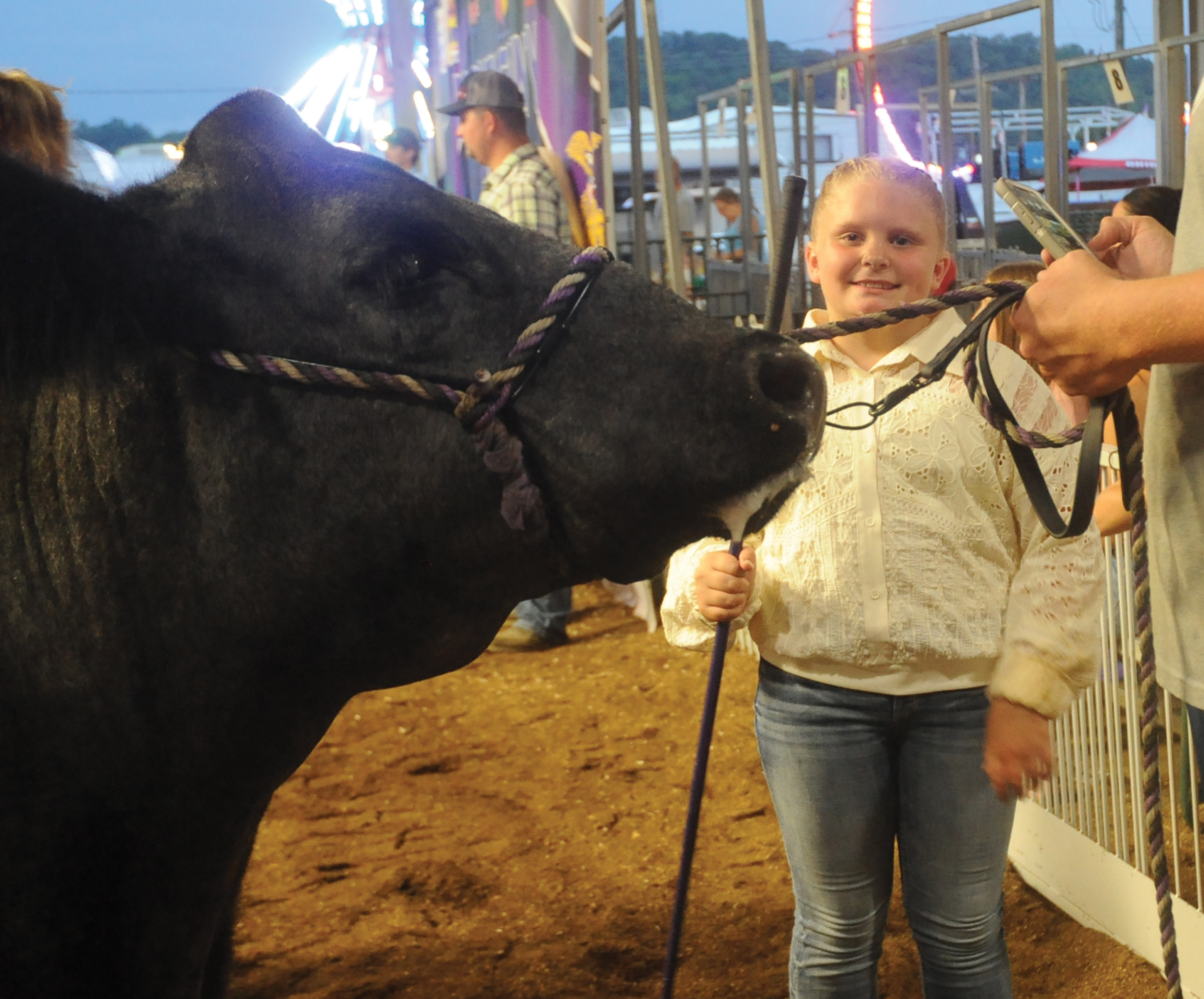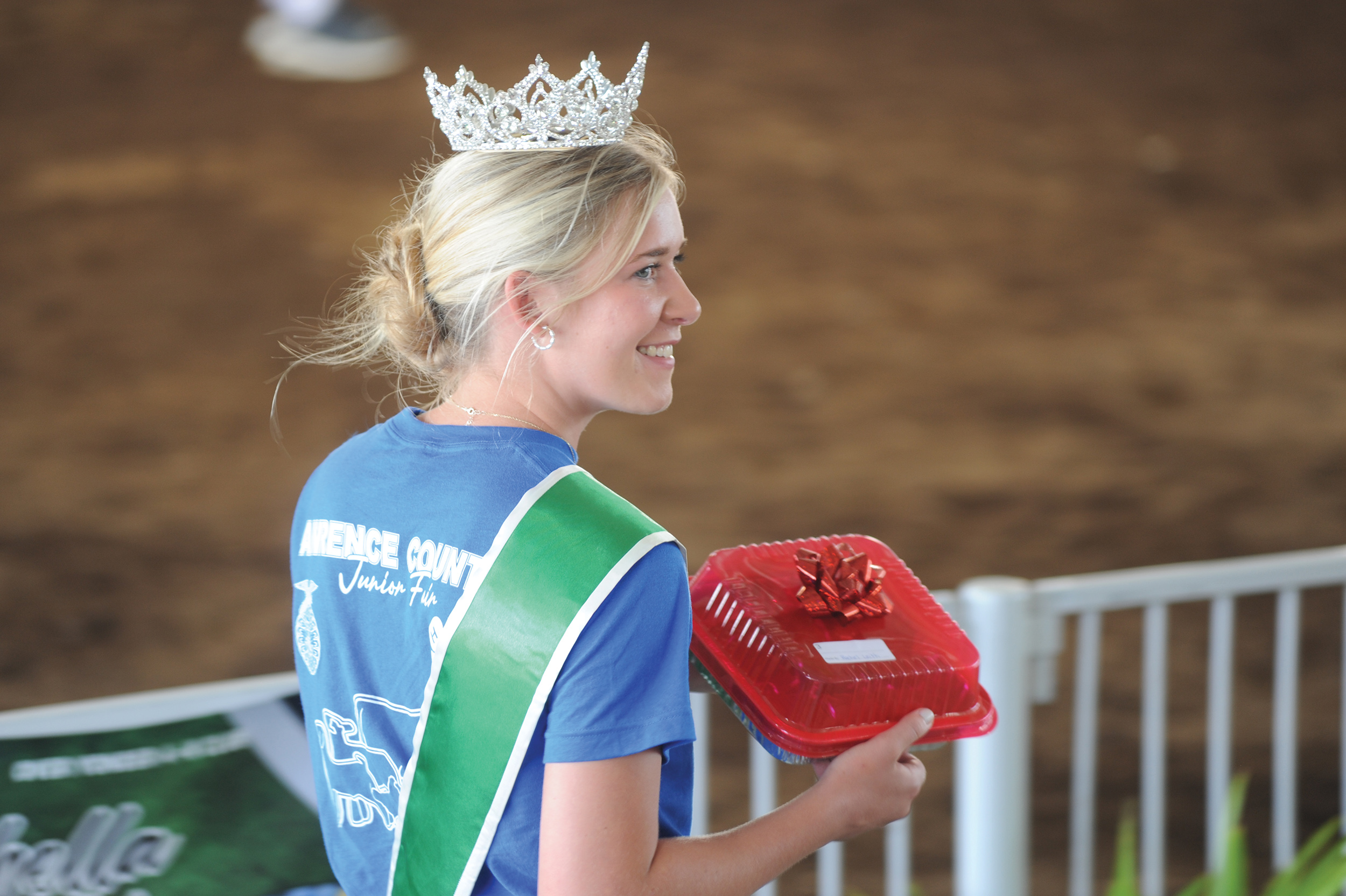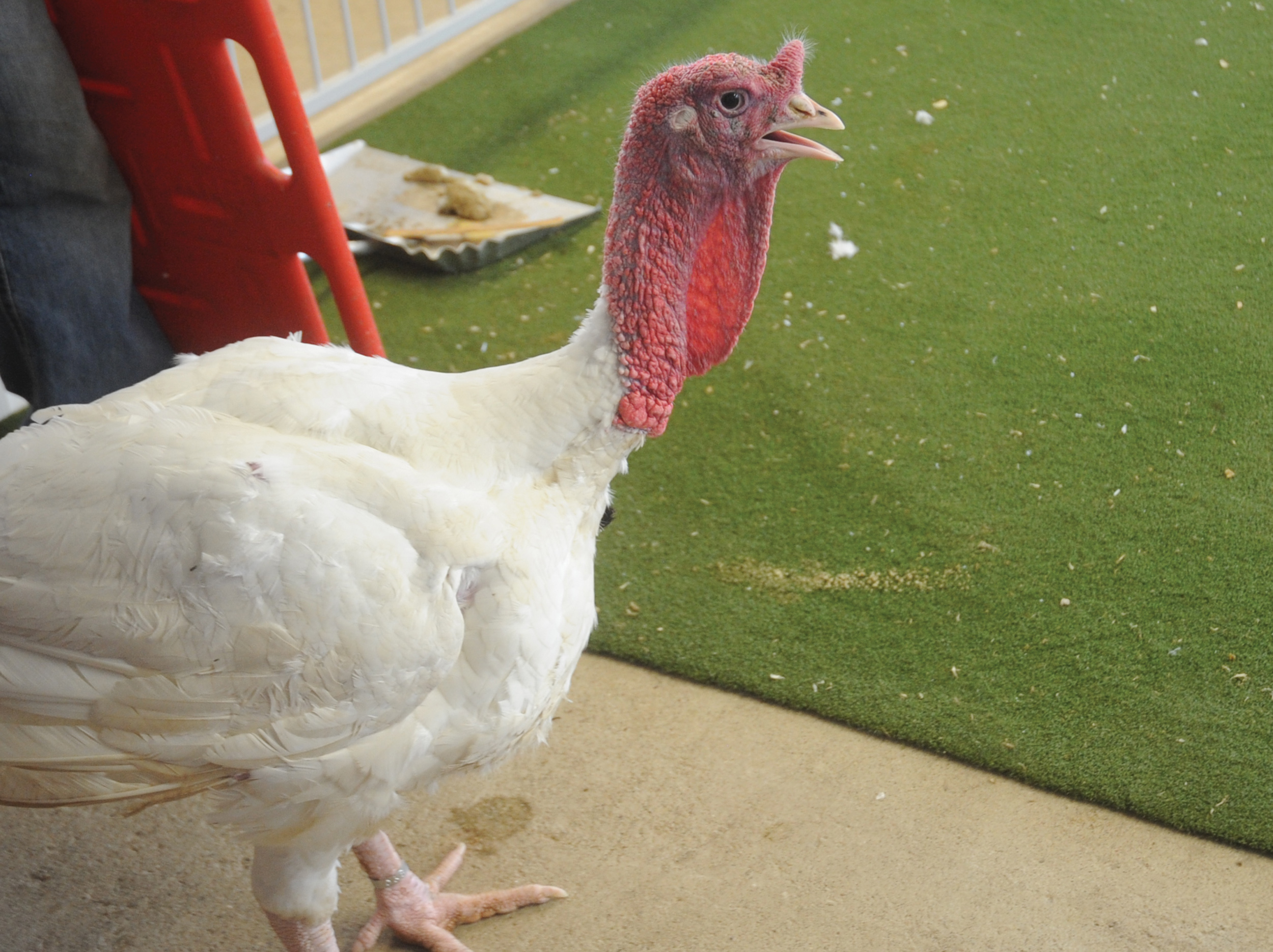Bailey happy to forget past promotions about his Reds’ future
Published 4:15 am Thursday, April 1, 2010
GOODYEAR, Ariz. — Homer Bailey has moved beyond his billboard moment, the one that seemed to hover over him for his first three years in the major leagues.
Haven’t heard about it? With some gentle prodding, the Cincinnati Reds pitcher will tell it. It’s not his favorite story, but he’s too polite to ignore the request.
Besides, it’s not the kind of thing that a player forgets.
Trending
He had just turned 21 when the Reds called him up from Triple-A Louisville in 2007, satisfying fans and media commentators clamoring for the organization’s top pitching prospect to get his chance.
The team was going nowhere. Might as well move onto the future — Bailey’s future, one that the organization had portrayed as limitless. Former general manager Dan O’Brien had watched the Texas prep star play in a tournament and described his overpowering performance as “a man playing with boys.”
He was the seventh overall pick in the June 2004 draft. He got a $2.3 million signing bonus. He began dominating in his second full season in the minors. The talk show callers and newspaper columnists were pleading for his promotion.
Not so easy for a young man to block out.
“You think it is, but realistically, no player can dodge it, especially with the media the way it is today and all the resources fans have,” Bailey said. “You’re not getting around it. You’re bound to come across it sometime.”
When he finally got promoted in June 2007, he had no choice but to face it. His minor league coaches told him to go to Cincinnati and just do his best. Driving north on Interstate 75, he realized fans were expecting a whole lot more.
Trending
One of those roadside billboards in northern Kentucky flashed a picture of Bailey holding a baseball with flames shooting off of it. The caption? “HE HAS COME.”
Imagine!
“I was driving up and I was on the phone with someone I was having dinner with,” Bailey said. “It was right there in Florence, Kentucky. I had to laugh about it and continue on my way.”
He went five innings and beat the Cleveland Indians before a capacity crowd in that first start. It soon became apparent that he wasn’t ready to stay in the majors. It took him until last season to get a firm grip on everything he needed to succeed in the majors.
“The hype and expectations from the fans and all that — that’s not going to make you a pitcher,” manager Dusty Baker said.
“I don’t know if it set him back a lot. I don’t think he was set back at all. I just think he was ahead of schedule. There’s a difference.”
The fans didn’t see it that way. Two years after all the clamor for his promotion, talk shows and newspaper columns were filled with suggestions that he ought to be traded.
Imagine being in the eye of that hurricane.
“I don’t really let too much stuff bother me,” Bailey said. “I kind of live my life the way it’s going. I don’t try to dodge anything. I just roll with it.”
Finally, his career has rolled into a comfortable place. Now 23, Bailey is a fixture in the rotation for the first time. He went 6-1 in his last nine starts of 2009, putting up a 1.70 earned run average. The bullpen blew two saves for him, or the record could have been even more impressive.
He was the NL’s player of the week in the final week of the season, when he gave up only one run in two starts.
His confidence grew with each game.
“You’ve got to do something at some point in time in order to look forward to something,” Baker said. “It’s a tough sell, even to yourself. If you haven’t done anything, you can say: ’I know I can do it, I hope I can do it, but I haven’t done it yet.’
“He’s in the process of making steps to continue to do that. It was just a small segment of, hopefully, what he might do or who he might become.”
When the season ended, Bailey took a few weeks to decompress. He’s an avid reader. Bailey loves books dealing with his native state, and is starting a fictional work based on the Texas Rangers — the law enforcers, not the AL team. He loves to go hunting.
“It’s great to relax and be out there, be away from the setting that we’re kind of forced to be in for six months,” he said. “Quiet. No traffic. No noise. The peacefulness. Instead of the traffic and all the noise, you have sounds that mean something.”
When he gets back to Cincinnati, he can drive north on I-75 — yes, the same interstate — and check out a different roadside video billboard that includes a Reds ad among its messages. This ad counts the time until the first pitch and features the photo of a player in the lower right corner.
One day last week, the sign changed and Bailey appeared. No flaming baseball. No grandiose caption.
He might like that billboard moment.





